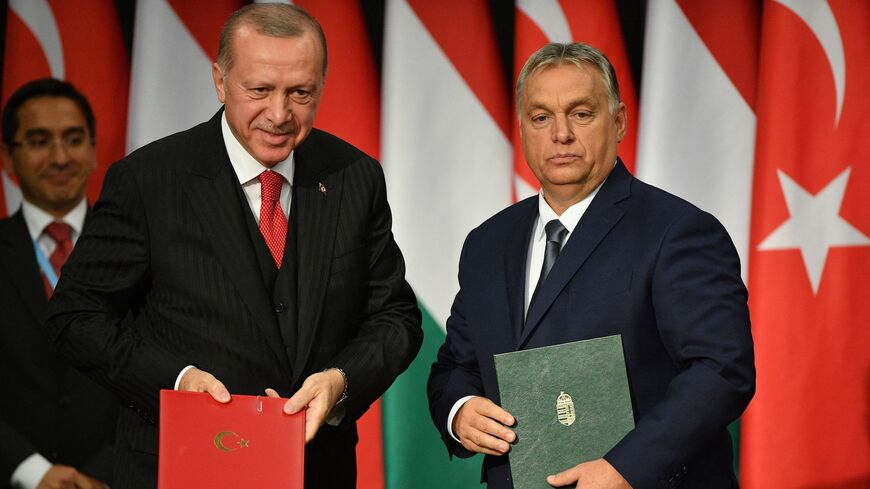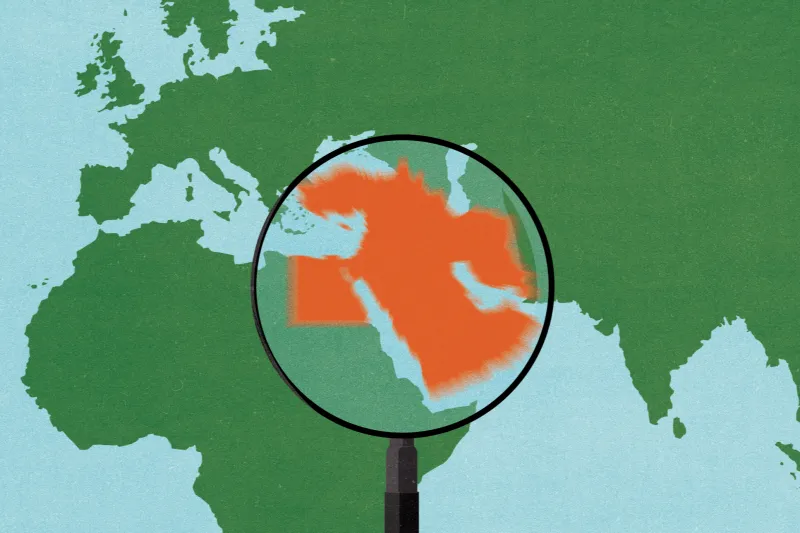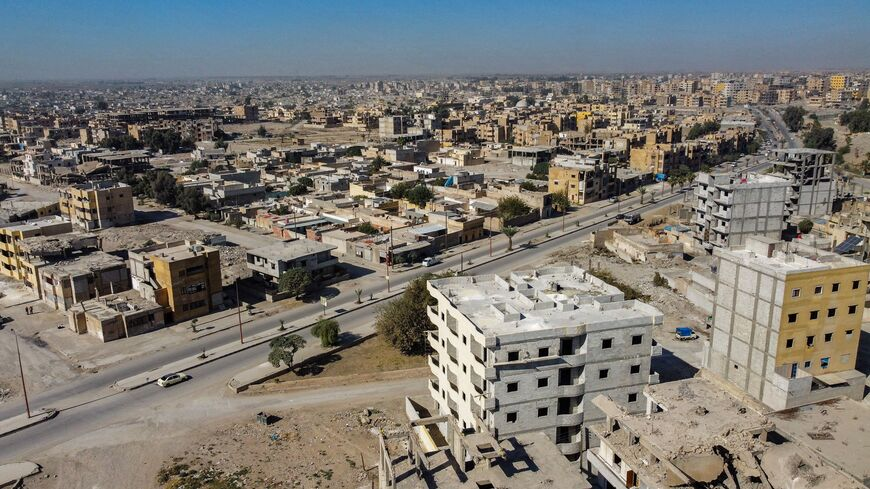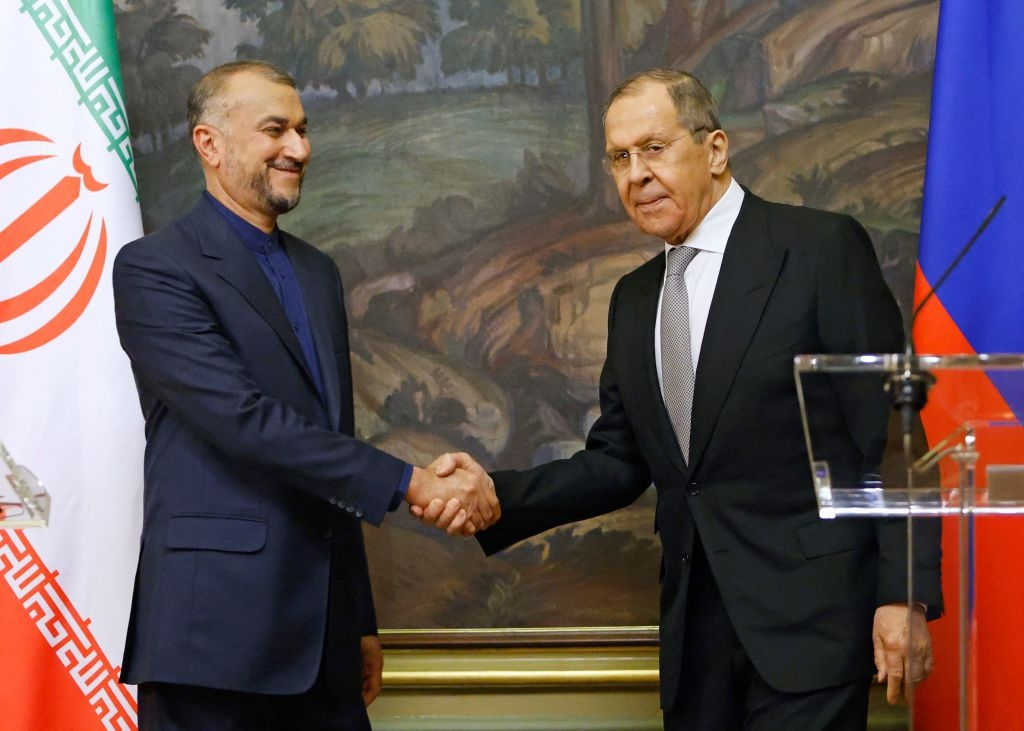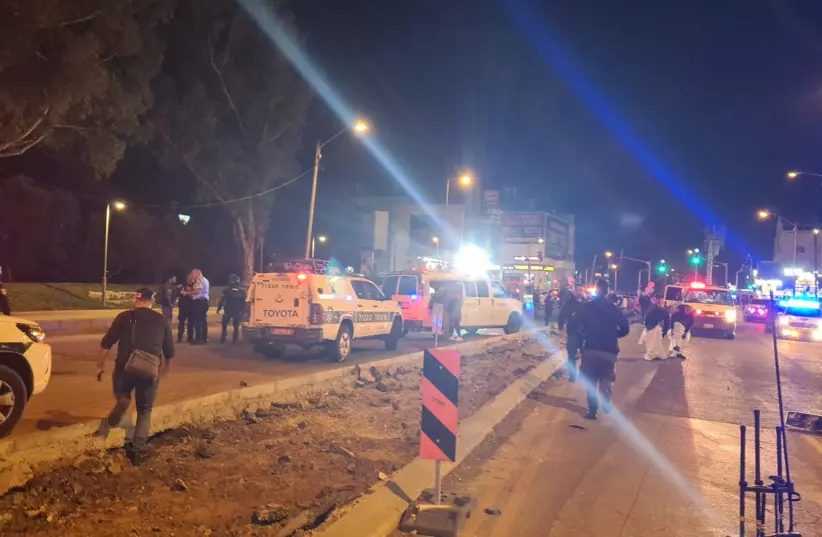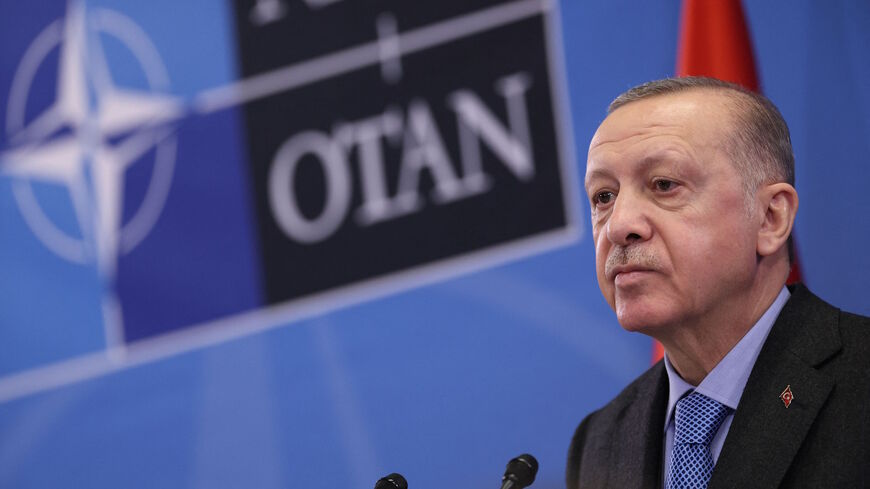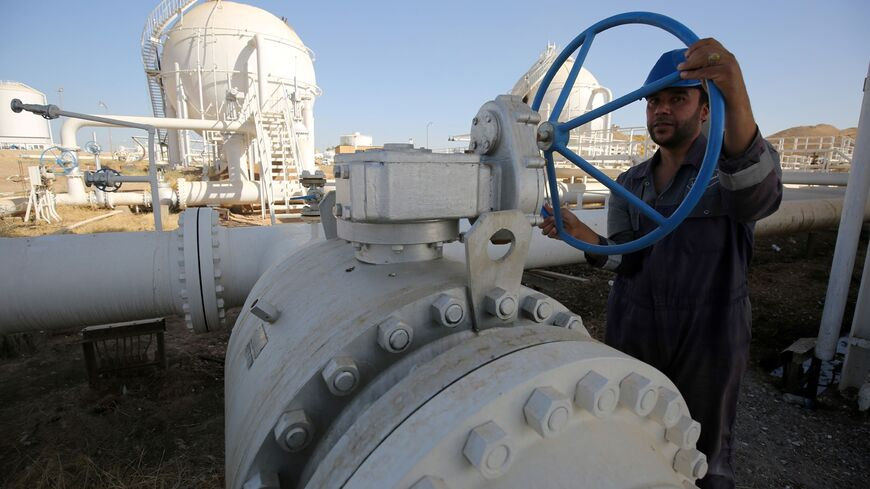Iran Gives IAEA Information on Undeclared Nuclear Sites, Accuses US of ‘Animosity’

Iran has handed over documents to the United Nations’ nuclear watchdog, the International Atomic Energy Agency (IAEA), in order to help resolve questions over uranium particles found at old but undeclared nuclear sites in the country.

